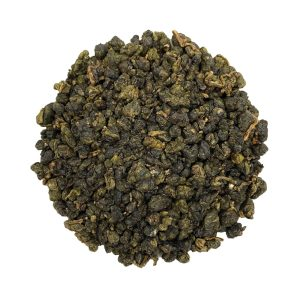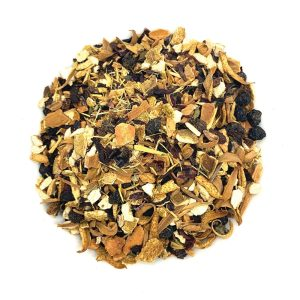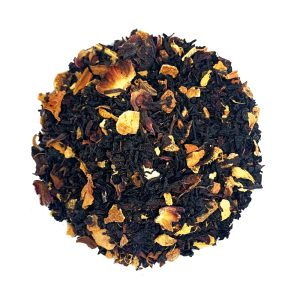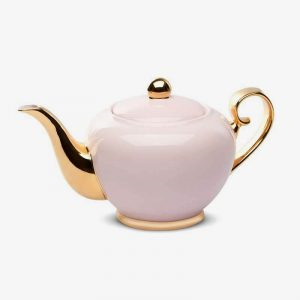The 3rd Black Tea and Traditional Chinese Medicine Health Exchange Conference was held in Qingchuan, Guangyuan
Recently, the 20th anniversary of the research and development of "Hongyun Guangyuan · Fuqi Ankang" Jin Junmei and the 3rd black tea and traditional Chinese medicine health exchange meeting were held in Qingchuan County, Guangyuan. Tea experts, traditional Chinese medicine experts, government and enterprise representatives from all over the country gathered together to discuss the integrated development path of black tea and traditional Chinese medicine health. At the
exchange meeting, the guests focused on the theme of "black tea and traditional Chinese medicine health", focusing on the health effect of black tea in dog days, and in-depth exploring the unique value and practice of black tea under the guidance of traditional Chinese medicine health theory.
Professor Liu Minru, inheritor of Chinese medicine master, and associate professor of Liu Minru Women's Inheritance and Innovation Institute of Chengdu University of Traditional Chinese Medicine, Liu Hongbing deeply analyzed the health mystery of drinking black tea in dog days with the title "TCM mechanism of drinking hot and cold". Jiang Heyuan, a researcher and doctoral supervisor of the Institute of Urban Agriculture of the Chinese Academy of Agricultural Sciences, shared "The Great Health Value of Innovative Black Tea" and scientifically explained the inner components and mechanism of action of innovative black tea. Subsequently, the theme exchange of "Physical recuperation under extreme high temperature - the way of warmth and balance of black tea" pushed the activity to a climax. Tea experts and traditional Chinese medicine experts crossed the border and collided with the spark of thinking: From the perspective of traditional Chinese medicine, the human body is vulnerable to the invasion of dampness during the dog days, and the health should be based on replenishing yang qi and removing dampness evil. Experts say that fully fermented black tea has a warm taste, which is precisely the "TCM key" for fighting summer dampness and warming the spleen and stomach. This provides both scientific and practical guidance for "nourishing the body with tea".
Guangyuan, as an important birthplace of Bashu civilization, a concentrated display of Shu Dao culture and a core corridor of history and culture in the Three Kingdoms, is the hometown of the only empress Wu Zetian in ancient times and one of the birthplaces of Chinese tea. In recent years, the local tea industry has developed rapidly, and the certified green and organic tea garden area is 250,000 mu. Its mid-alpine area at an altitude of about 800 meters provides an excellent environment for the growth of tea trees, and has achieved the quality of Guangyuan tea "high fragrance, mellow taste, foaming resistance and beauty".
In 2020, Guangcha Group joined hands with Zhengshantang Tea Industry to create a series of black tea products of "Zhengshantang Guangyuanhong", and the products successfully entered the national sales market. In the past five years, the two sides have deeply integrated the 400-year-old black tea production process with Guangyuan high-quality tea green raw materials and heavy historical and cultural, and created a total of 9 categories of 33 "Chuanpai" Junmei black teas with "fragrance and glycol" as the main feature.
 Tea experts "wisely" solve the problems of tea farmers, and
Tea experts "wisely" solve the problems of tea farmers, and
 Ping Ping: "Small tea leaves" can make "big articles"
Ping Ping: "Small tea leaves" can make "big articles"
 2025 China Tea Production and Sales Situation Report
2025 China Tea Production and Sales Situation Report
 The tea market is prosperous, and the people on both sides o
The tea market is prosperous, and the people on both sides o
